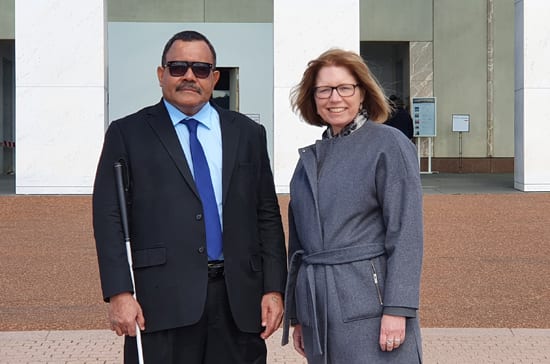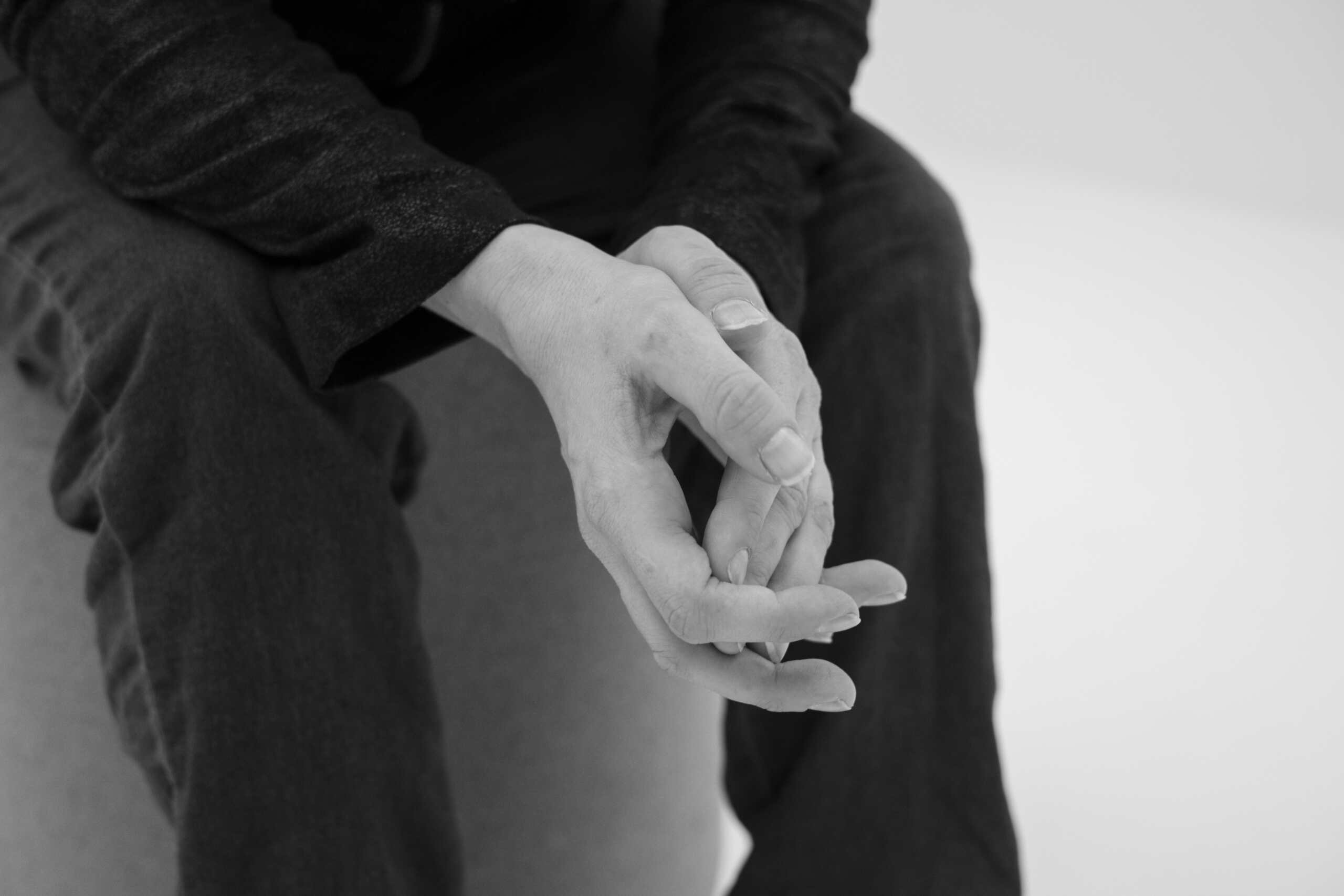Working together to make disability inclusion a reality
People with disabilities are routinely excluded from health, education, livelihood opportunities and the chance to fully participate in their communities.
We recognise that for full disability inclusion and community participation to be effective, there are certain ‘preconditions’ that need to be in place, including access to quality support services and accessible information, communication and physical environments.
Disability inclusion and human rights
The UN Convention on the Rights of Persons with Disabilities sets out fundamental human rights of people with disabilities.
The convention describes what countries should do to ensure people with disabilities have the same rights as everyone else.
By acknowledging the rights of people with disabilities, we are recognising that there are barriers to full participation and inclusion in society that need to be addressed.
Acknowledgement can take many forms, including recognising the contributions of individuals with disabilities, supporting inclusion in schools and the workplace, informing policy development and advocating for full and equitable accessibility to public spaces.
Meeting individual support needs
CBM Australia works with communities, governments and service providers in some of the world’s poorest nations to improve disability access and inclusion.
Support services encompass a wide range of humanitarian aid and development interventions including:
- Access to mobility aids and assistive devices
- Personal assistance
- In-home and community support
- Supported decision making
- Communication support such as sign language interpretation
- Support to access general services on an equitable basis with others such as inclusive education, justice system, and health.
Quality support ensures people with disabilities have the same opportunities as people without disabilities to fully participate in communities and make choices about how they live their lives.
Accessible communities reduce social and environmental barriers and are crucial for making social inclusion a reality.
Partnering with the disability rights movement
We work in partnership with the Disability Movement to make sure the preconditions for inclusion are put in place. We also work to ensure that existing community services and educational programs are inclusive and accessible.
With this approach, programs at the community level result in improved participation and access to education, resources, employment, healthcare, community life and improved quality of life for people with disabilities and their families.
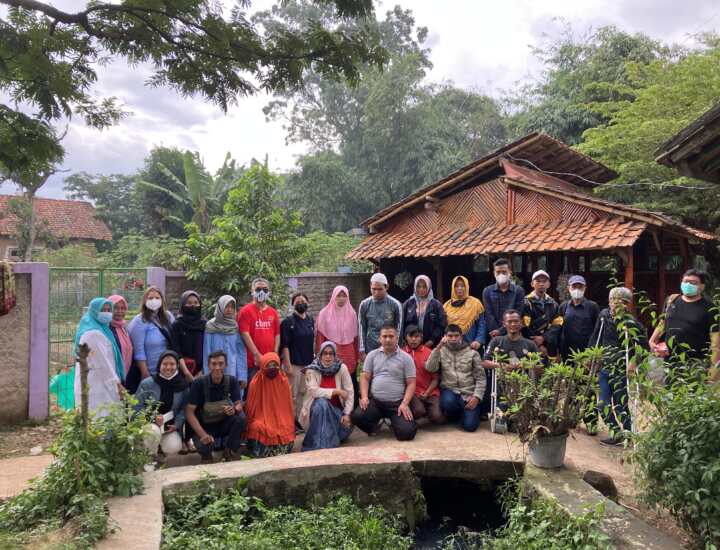
How we help
CBM is a non-profit organisation that with our supporters, staff, volunteers and partners is changing how the world is experienced by people with disabilities. CBM Australia is 45 years old and founding member of the CBM Global Disability Inclusion Federation.
We work in many ways. Every program is responsive to local context while ensuring strong advocacy alongside people with disabilities.
Giving voice to people with disabilities
We incorporate the voices of individuals with disabilities into efforts and initiatives to improve support systems.
In 2020 we held a workshop for 10 Pacific Island governments as well as disability movement representatives from each country, to discuss inclusion across the region. In some cases, representatives had no training on disability inclusion or existing connections with disability movement members. Having government hear directly from people with disabilities is crucial, as often personal stories and relationships raise awareness, change attitudes and grow commitment.
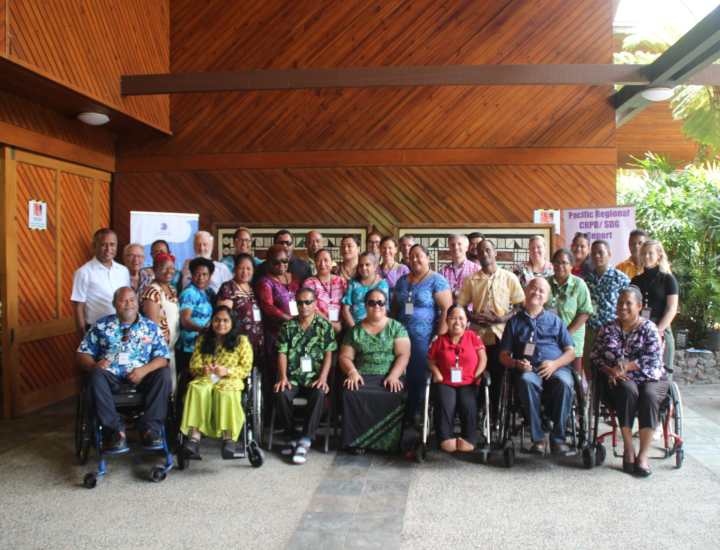
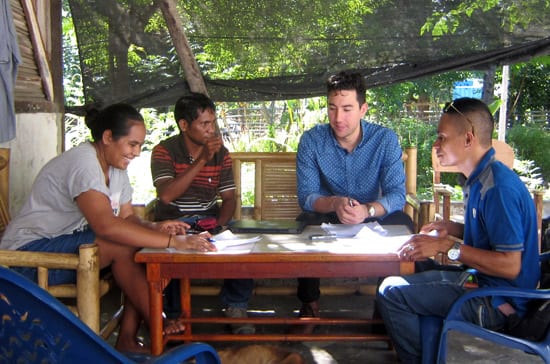
Disability inclusion in health planning
CBM’s Inclusion Advisory Group (IAG) worked with Organisations of People with Disabilities and the Nossal Institute of Global Health in Timor-Leste and the Pacific to discover what enabled and prevented people with disabilities from accessing vaccinations. Working with the Centre, we also provided foundational disability-inclusion training to identify improvements in workforce development, lab strengthening, disease surveillance and inclusive research.
IAG worked intensively with the Disability Inclusion Section in DFAT to ensure people with disabilities were not left out of the government’s COVID-19 global response and recovery plans.
Advocating for change
We work alongside the Disability Movement to advocate and advise for changes to international and national laws, policies and programs and include voices from people with disabilities to ensure inclusion strategies are scaled up and becomes the norm.
People with disabilities are in danger of being left behind when it comes to international development. We urge the government to prioritise inclusion of people with disabilities in the Australian Aid program.
Through our advisory work, CBM Australia aims to influence larger organisations to use their own resources and programs to assist people with disabilities through either systemic and policy change or direct program activities
This combination can create real change, and it is well aligned with the Convention on the Rights of Persons with Disabilities (CRPD).
